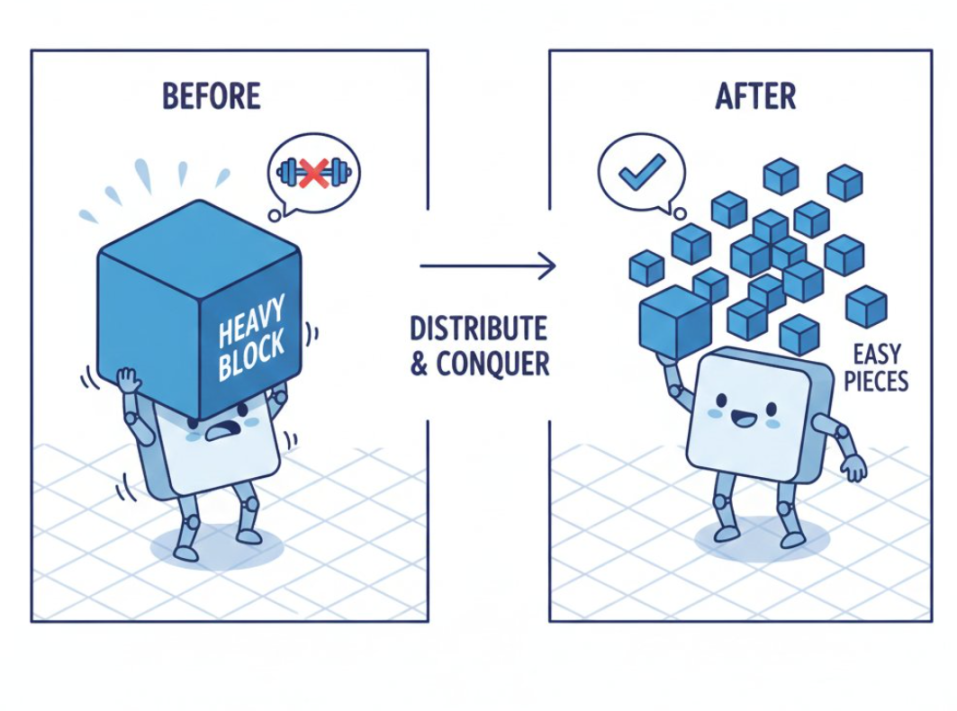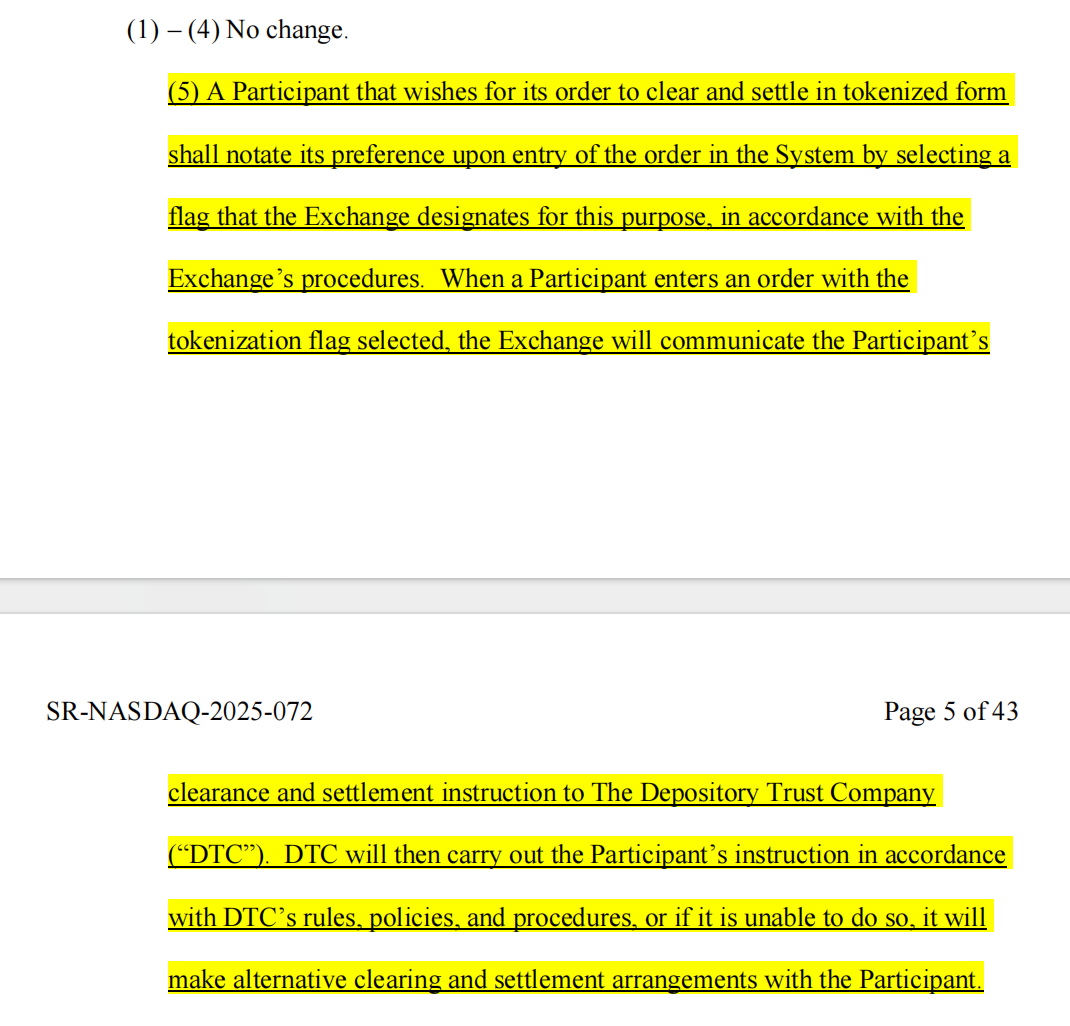a16z Pushes Zero-Knowledge Proofs as Middle Ground for Privacy and Law Enforcement in Crypto
Andreessen Horowitz’s crypto investment arm is making the case that advanced cryptographic tools can both safeguard user privacy and satisfy regulators’ demands for transparency.
Andreessen Horowitz’s crypto investment arm is making the case that advanced cryptographic tools can both safeguard user privacy and satisfy regulators’ demands for transparency.
In a policy report released Tuesday, a16z Crypto’s Aiden Slaven and David Sverdlov argued that zero-knowledge proofs (ZK-proofs) offer the most promising path forward. The technique enables verification of data authenticity without exposing underlying personal details — a function they say could prove crucial for tracing the origin of crypto funds without compromising user confidentiality.
Myth #5: You can choose between combating illicit finance or protecting user privacy — but not both pic.twitter.com/Mzjgzxqw92
— a16z crypto (@a16zcrypto) August 19, 2025
The proposal comes in the wake of heightened scrutiny around privacy tools, notably following the recent conviction of Roman Storm, co-founder of the Tornado Cash mixing service. Prosecutors in that case claimed that mixers, by obscuring transaction origins, create a channel for laundering illicit funds.
Slaven and Sverdlov suggested ZK-proofs could serve as a workable alternative.
“If users are able to furnish such proofs upon exchanging crypto for fiat currency, the cash-out points will have reasonable assurances that the crypto did not derive from proceeds of crime, while the users are able to retain privacy over their onchain transactions,”
they wrote.
Beyond financial transactions, the pair pointed to broader applications such as identity verification. A ZK-proof, for instance, could confirm citizenship without requiring disclosure of sensitive documents like passports or birth certificates.
The call aligns with growing regulatory and industry interest. SEC Commissioner Hester Peirce voiced similar support earlier this month, stressing the importance of protecting privacy-preserving technologies. The U.S. Treasury’s July report also highlighted ZK-proofs as a way to balance privacy with compliance obligations. Meanwhile, JPMorgan has already deployed the technology within its Nexus blockchain for settlement and messaging.
While critics argue that such cryptographic methods remain too computationally heavy for mainstream adoption, Slaven and Sverdlov countered that technical progress is overcoming scalability hurdles.
The report further explored other privacy-enhancing options, including homomorphic encryption, which allows certain data to be computed on without full decryption; multiparty computation, enabling collaborative analysis without revealing private inputs; and differential privacy, which ensures aggregate data cannot be traced back to individuals.
Disclaimer: The content of this article solely reflects the author's opinion and does not represent the platform in any capacity. This article is not intended to serve as a reference for making investment decisions.
You may also like
Is the DA war coming to an end? Deconstructing PeerDAS: How can it help Ethereum reclaim "data sovereignty"?

Frontline Report | Web3 Lawyers Interpret the Latest Developments in US Stock Tokenization

Why did the "Insider King" fall into his own trap on October 11?

ASTER price sinks as whale losses deepen – Is $0.6 next?

